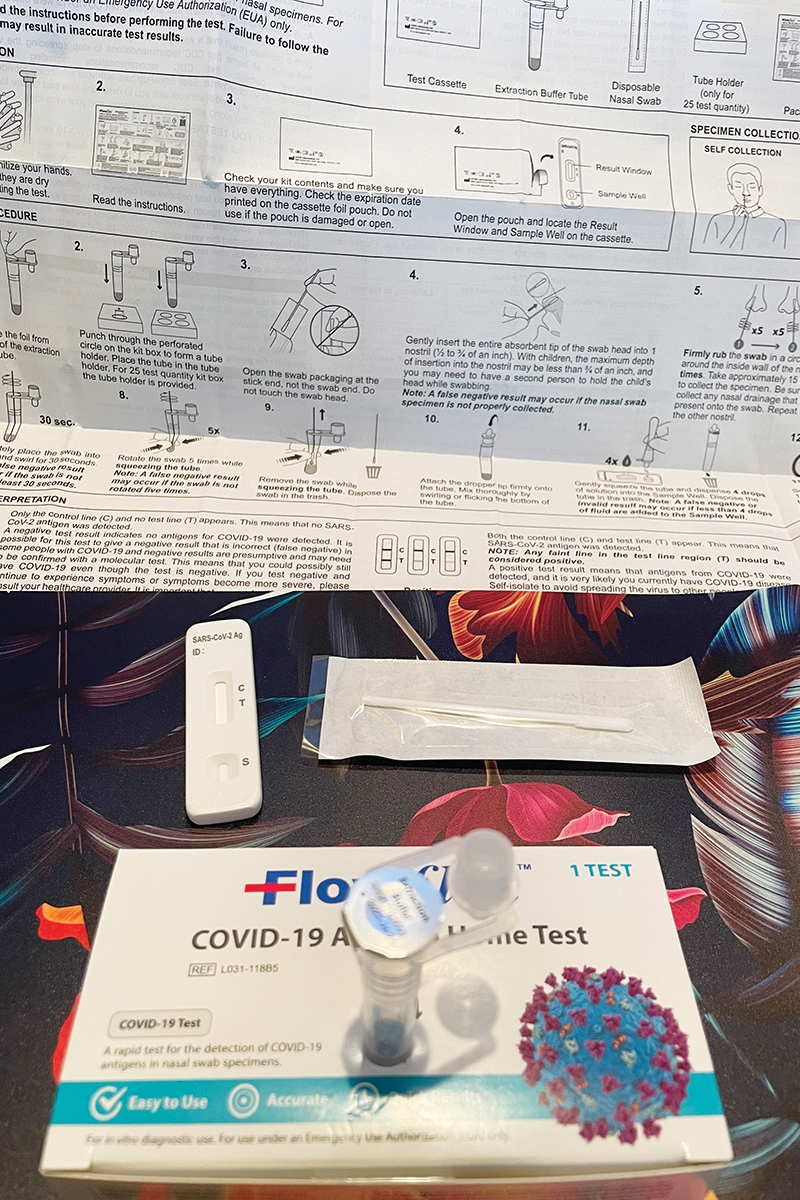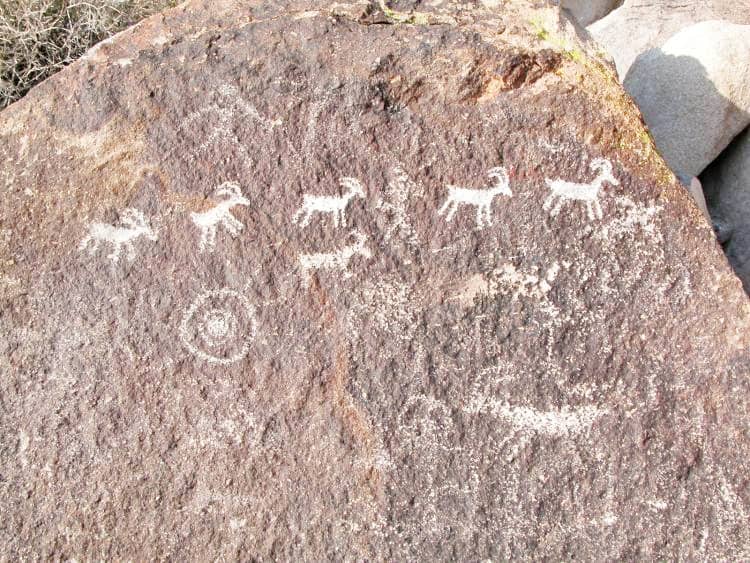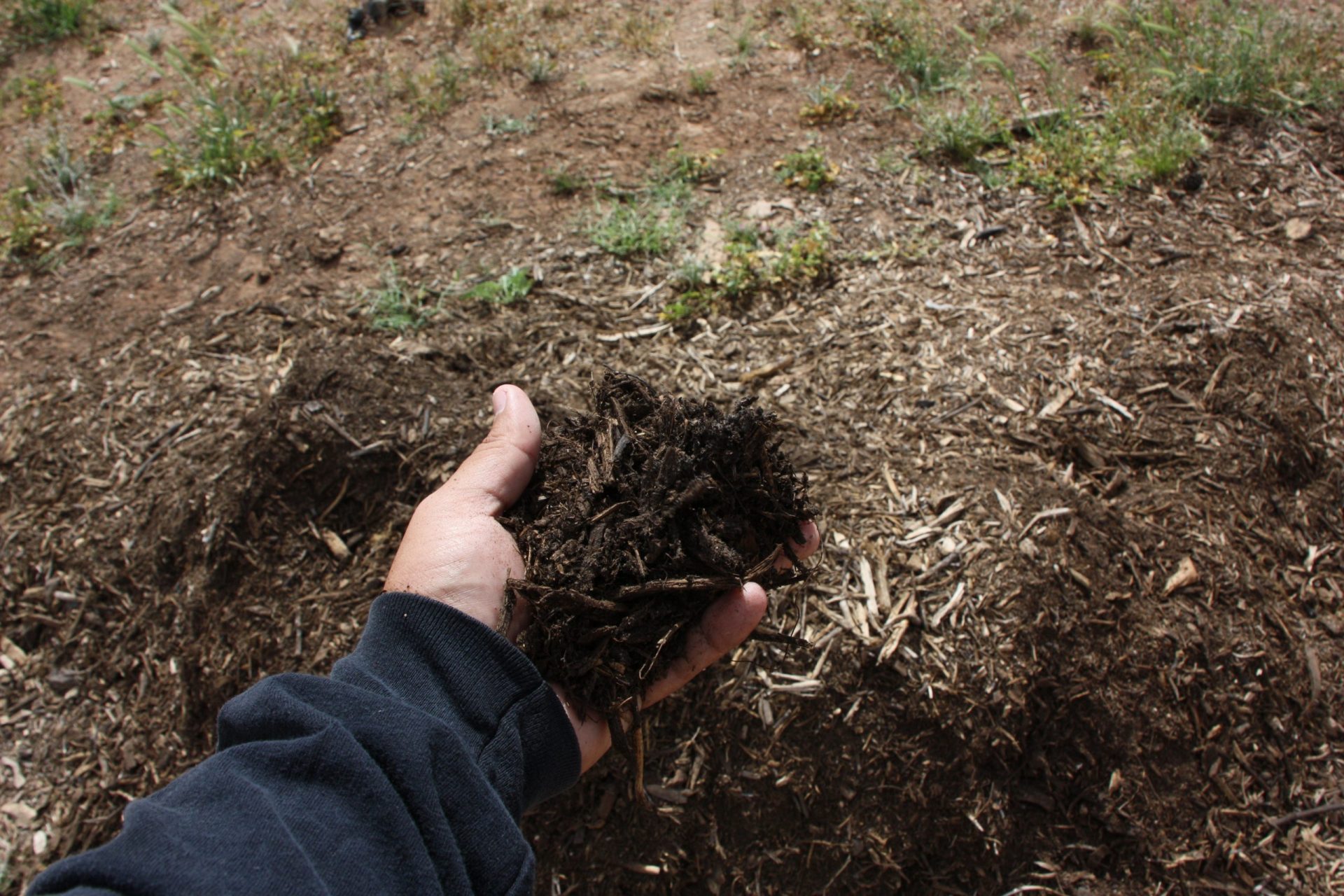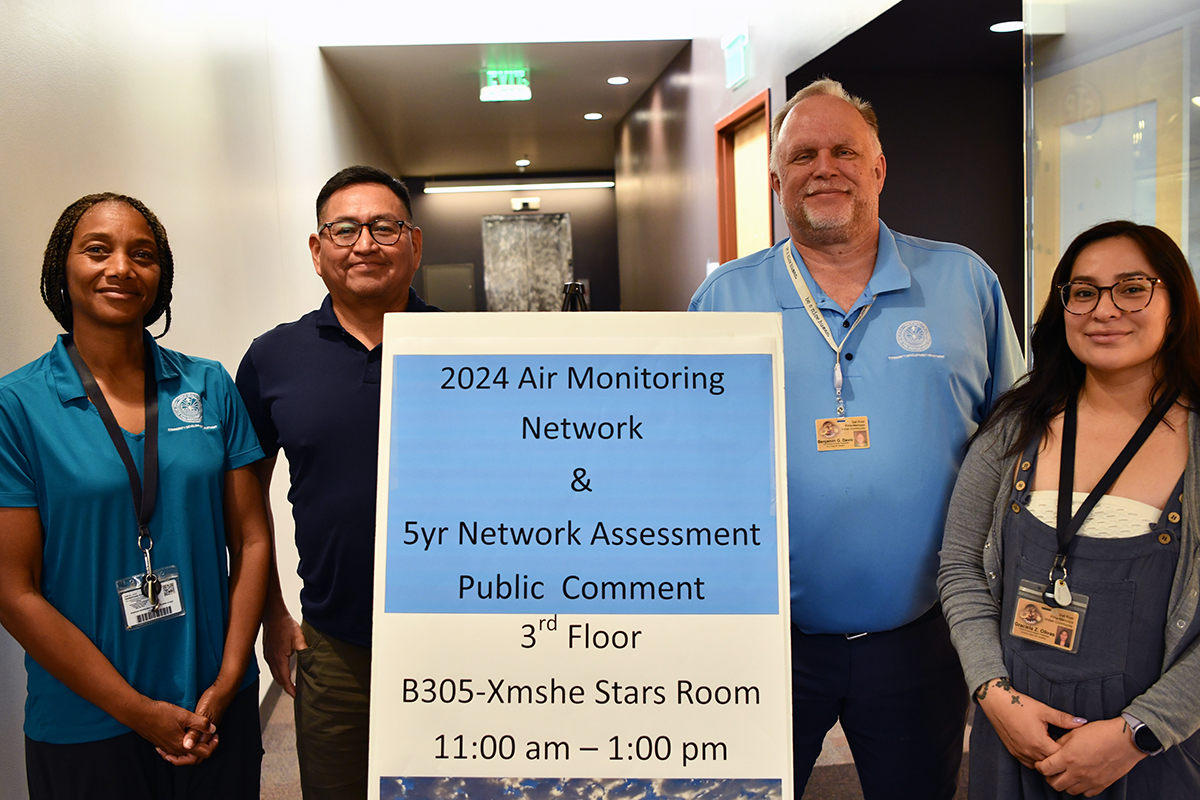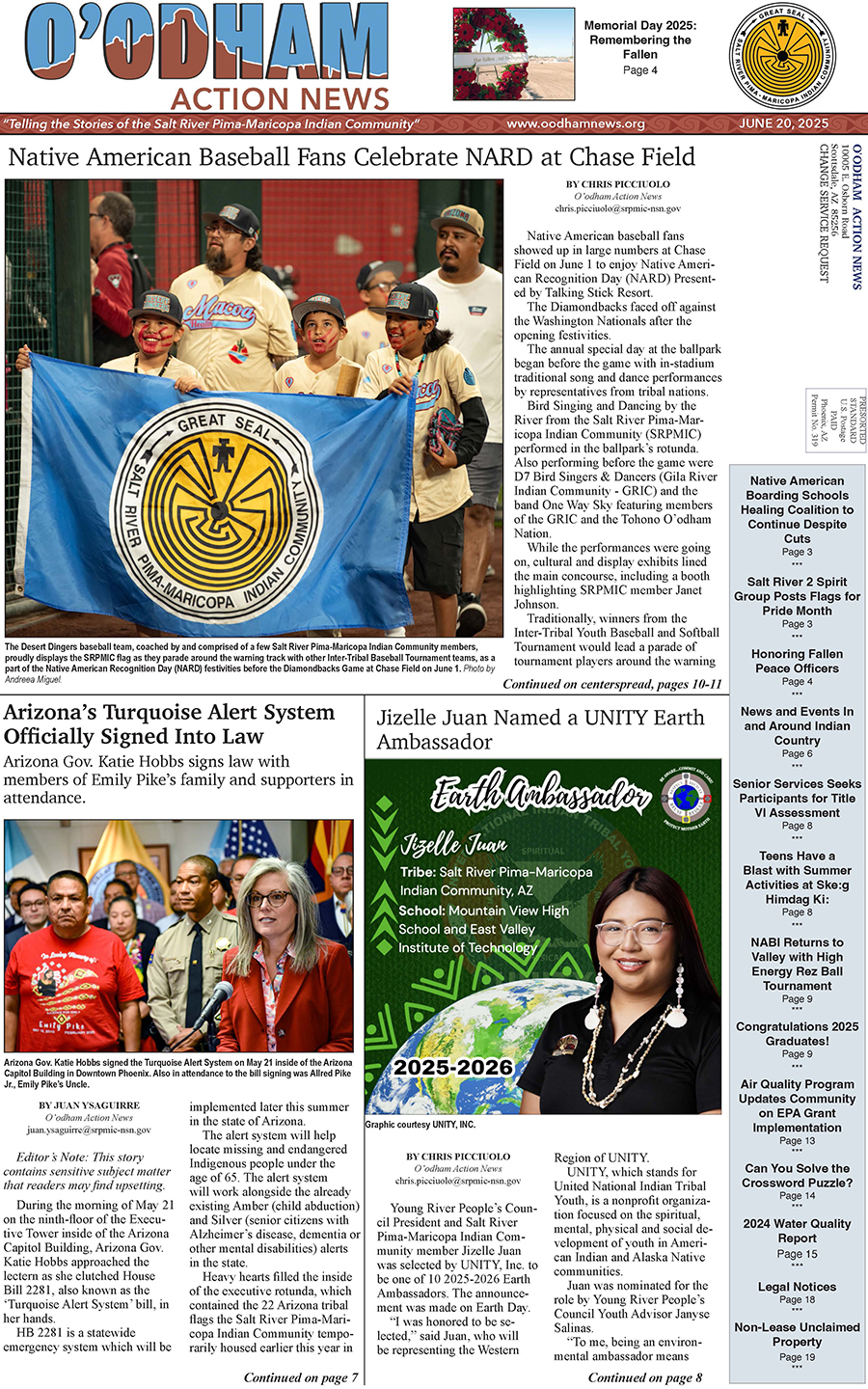VIEWS: 2449
February 4, 2022Breaking Down the Probate Process
In the January 20 issue of O’odham Action News, we provided an introduction to estate planning, wills and probate, topics that are especially important for Salt River Pima-Maricopa Indian Community members who are either dealing with the loss of a loved one or planning ahead to determine the validity of or process of heirs, wills, beneficiaries and more.
Future issues will dive deeper into wills and other services that the Legal Services Office (LSO) offers, and we’ll take a more in-depth look at the American Indian Probate Reform Act (AIPRA) and the personal property probate and trust asset probate processes.
In this issue, we will give a general overview of the topics. To begin, it is first important to understand what probate is.
What Is Probate?
Probate is a legal process that affects the distribution of a decedent’s (deceased person’s) estate, and it is applied to determine heirs, the validity of wills and beneficiaries, whether claims against the estate will be paid, and the transferring of any funds or property to the heirs, beneficiaries or other persons or entities entitled by law to receive it.
There are two types of property that probate deals with: trust assets and personal assets.
A trust asset is any trust and restricted property under the Department of the Interior (DOI) that will need to be probated through the Office of Hearings and Appeals. This includes trust land (a process whereby the secretary of the DOI acquires title to property and holds it for the benefit of a Native American tribe or individual tribal members) and an Individual Indian Money account (IIM), which, according to the DOI, is an interest-bearing account managed by the Department of the Interior, Bureau of Trust Funds Administration (BTFA) on behalf of an individual who has money or other assets held in trust for them by the federal government.
A personal asset is any personal property that will need to be petitioned and probated through the SRPMIC Tribal Court. This includes your car, bank accounts, home, homesite (without beneficiary), per capita check, clothing, jewelry, pictures, pottery, furniture, etc.
When deciding the distribution of a decedent’s estate, there are a few things to consider for families of a deceased Community member.
If they have personal property, the LSO can assist with the petition for probate through the Tribal Court.
If they have trust and restricted property under the DOI, the Community Development Department (CDD)-Probates will initiate the trust asset probate process once notification of death is received.
CDD-Probates facilitates the trust asset probate process per the self-governance compact. Staff utilize a Probate Family Intake Form to obtain preliminary information from the family to capture an accurate overview of the decedent’s life while obtaining copies of any documents the family has to provide.
CDD-Probates will then research and gather documentation from various sources such as vital records, Membership Services, Legal Services, and Land Titles and Records to prepare and complete the probate file before submitting it to the Office of Hearings and Appeals.
If the deceased Community member has per capita gaming revenue in protected person trust funds or per capita gaming revenue in minor trust funds, these funds are not considered assets subject to probate and are to be distributed per Council-approved policies.
The CDD-Office of Membership Services is responsible for determining a deceased protected person or minor’s family tree for the determination of beneficiaries. The family would need to complete a Notification of Death form and submit it to CDD. A family tree will be researched and notifications will be sent to all parties involved. Per capita gaming revenue trust funds for minor or protected persons will be disbursed by Providence First Trust Company.
CDD-Membership facilitates this process per Policy 14-3 and Policy 14-4. The Notice of Death Form is completed and submitted to CDD-Membership. The form will require the submission of certain documents and information related to the death of the minor or protected person.
Stay tuned to the next issue of O’odham Action News as we cover the American Indian Probate Reform Act (AIPRA).


